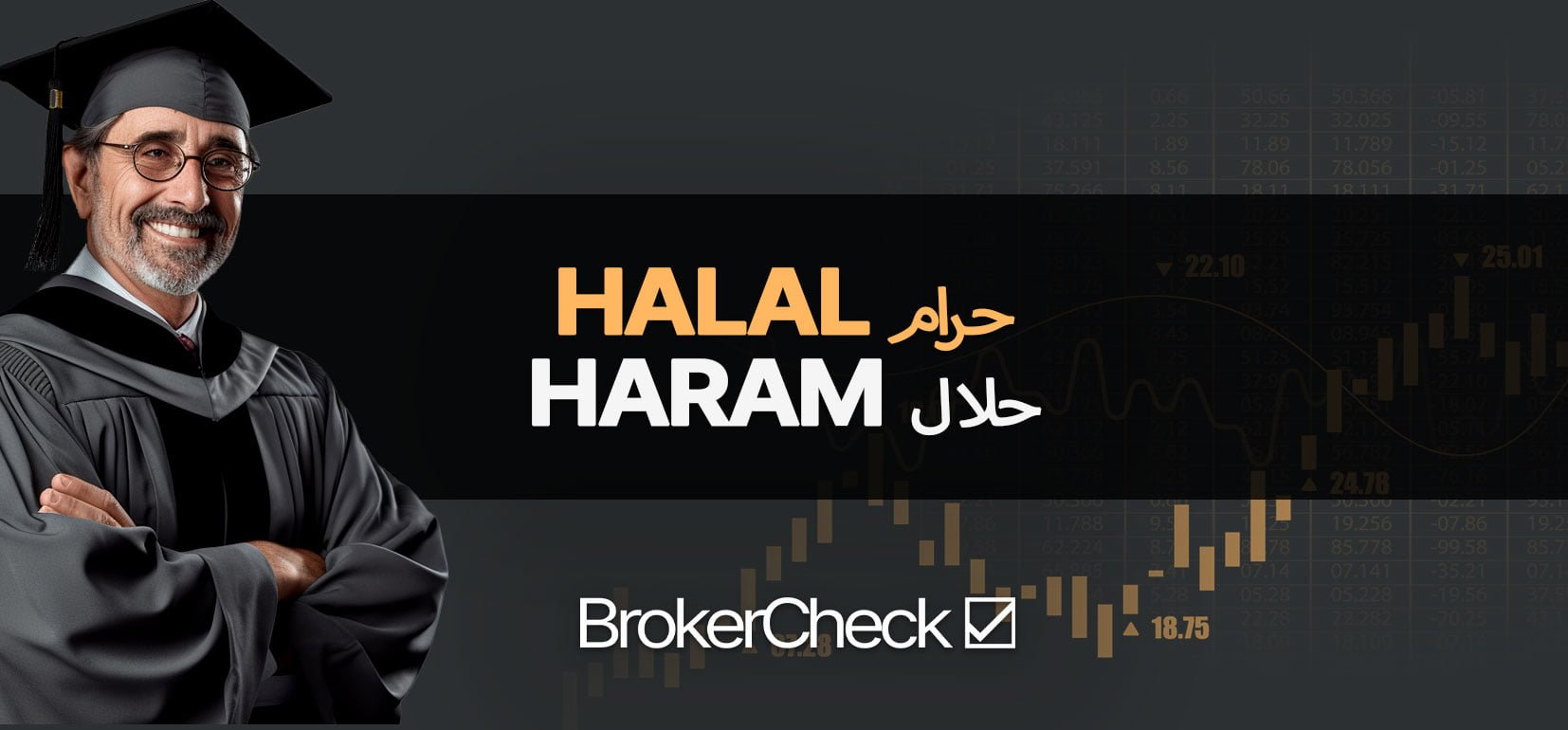In the vast and ever-evolving world of finance, the question of whether option trading aligns with Islamic principles has sparked considerable debate among scholars and practitioners. Options, financial instruments that grant the buyer a right but not the obligation to buy or sell an underlying asset at a predetermined price on or before a specific date, have become increasingly prevalent in the financial markets. However, their inherent speculative nature has raised concerns about their compatibility with the ethical guidelines of Islamic law, known as Shariah.

Image: makalah2fre.blogspot.com
Islamic finance, guided by religious and moral precepts, emphasizes ethical practices that uphold fairness, transparency, and the avoidance of speculative ventures. Option trading, with its inherent element of uncertainty and potential for substantial gains or losses, raises questions about whether it conforms to these principles. In this article, we will delve into the intricacies of option trading and explore the nuances of its permissibility within the framework of Islamic finance.
Defining Option Trading: Understanding the Basics
Options are financial contracts that give the buyer the right, but not the obligation, to purchase or sell an underlying asset, such as a stock, commodity, or currency, at a specified price on or before a particular date. The buyer of an option pays a premium to the seller in exchange for this right. There are two main types of options: calls and puts.
- Call options grant the buyer the right to buy the underlying asset at the predetermined price, known as the strike price, on or before the expiration date. The buyer of a call option hopes that the price of the underlying asset will rise above the strike price, allowing them to purchase it at a lower price and make a profit.
- Put options, on the other hand, give the buyer the right to sell the underlying asset at the strike price on or before the expiration date. The buyer of a put option expects the price of the underlying asset to fall below the strike price, enabling them to sell it at a higher price and realize a gain.
Option trading involves speculating on the future price movements of an underlying asset. If the market conditions align with the buyer’s expectations, the option can be exercised, leading to a profit. However, if the market moves in the opposite direction, the option expires worthless, resulting in a loss of the premium paid by the buyer.
Shariah Compliance: Examining the Ethical Considerations
The permissibility of option trading within Shariah law hinges on its alignment with fundamental Islamic principles, including the prohibition of gambling (maisir), uncertainty (gharar), and excessive risk-taking (qimar).
Gambling (maisir) refers to activities involving chance and wagering, which are strictly prohibited in Islam. Option trading, with its inherent element of speculation and the possibility of significant gains or losses, shares some similarities with gambling. However, it is important to note that options are not entirely based on chance, as they involve an underlying asset with real value.
Uncertainty (gharar) is another concern with option trading. Shariah law discourages contracts involving excessive uncertainty or ambiguity, as they can lead to disputes and unfair outcomes. While options involve a degree of uncertainty regarding the future price of the underlying asset, this uncertainty is not considered excessive as it is based on market conditions and established pricing models.
Excessive risk-taking (qimar) is also a consideration when assessing the permissibility of option trading under Shariah. Islam encourages responsible financial behavior and discourages excessive risk-taking that could lead to financial ruin. While option trading does involve a degree of risk, it is important to note that the buyer of an option only loses the premium paid, which is a limited and predetermined amount.
Evolving Perspectives: Scholarly Views on Option Trading
Given the complexities of option trading and its potential implications under Shariah law, there have been ongoing discussions and differing viewpoints among Islamic scholars.
- Conservative Approach: Some scholars take a conservative stance, viewing option trading as impermissible due to its elements of speculation, uncertainty, and potential for excessive risk-taking. They argue that it is akin to gambling and, therefore, not permissible under Shariah principles.
- Permissibility with Conditions: A more moderate view is that option trading can be permissible under certain conditions. Scholars holding this perspective argue that as long as the underlying asset has real value, the element of uncertainty is not excessive, and the risk-taking is reasonable, option trading can be considered a legitimate financial instrument. They emphasize the importance of transparent and ethical practices to ensure compliance with Shariah principles.
- Conditional Impermissibility: Some scholars take a middle ground, allowing option trading under certain conditions but prohibiting it for certain types of underlying assets. For example, they may allow option trading on stocks representing real businesses but prohibit options on currencies or commodities, as these markets are often more volatile and speculative.

Image: www.brokercheck.no
Option Trading Haram Or Halal
Conclusion: A Complex and Dynamic Issue
The permissibility of option trading within the framework of Islamic finance remains a complex and dynamic issue, with differing perspectives among Islamic scholars. While some scholars take a conservative approach, deeming it impermissible due to concerns about speculation and uncertainty, others view it as conditionally permissible under certain guidelines. Ultimately, the permissibility of option trading in specific cases depends on a careful analysis of the underlying asset, the level of uncertainty involved, and the extent of risk-taking. As the financial landscape continues to evolve, it is likely that these discussions and scholarly interpretations will continue to shape the understanding of option trading within the realm of Islamic finance.






